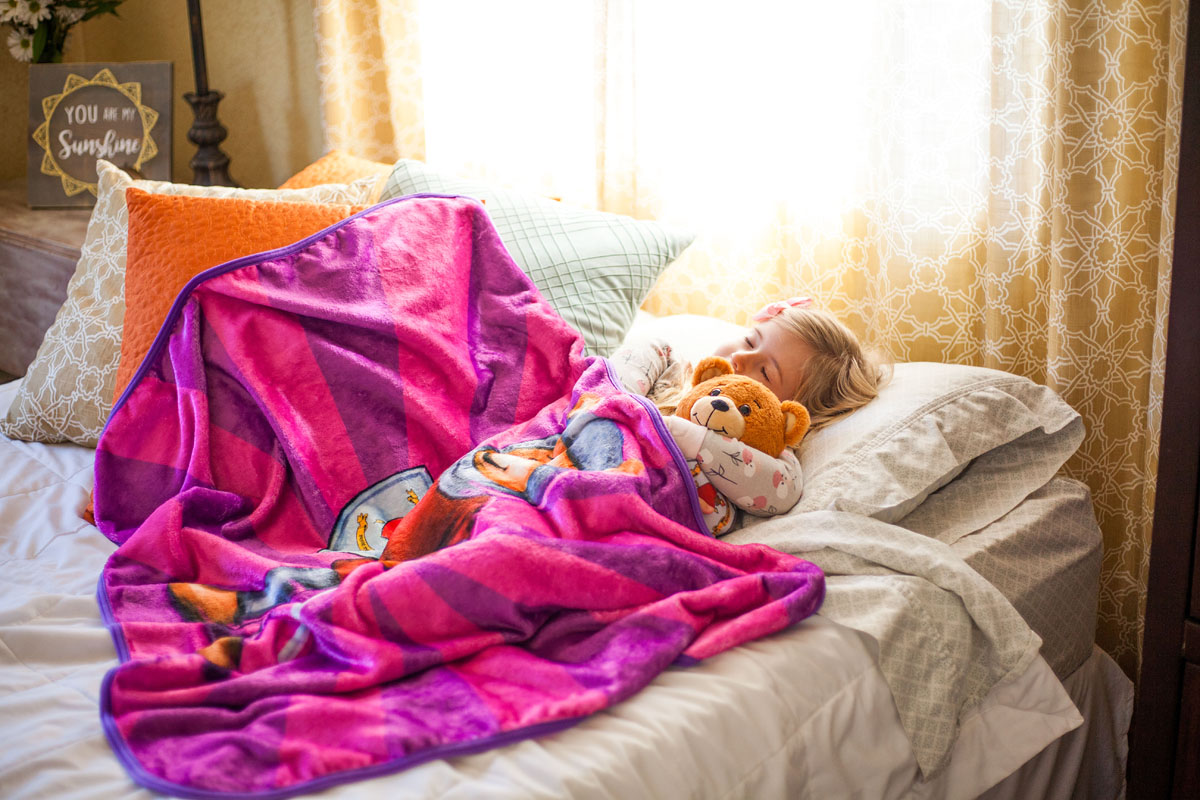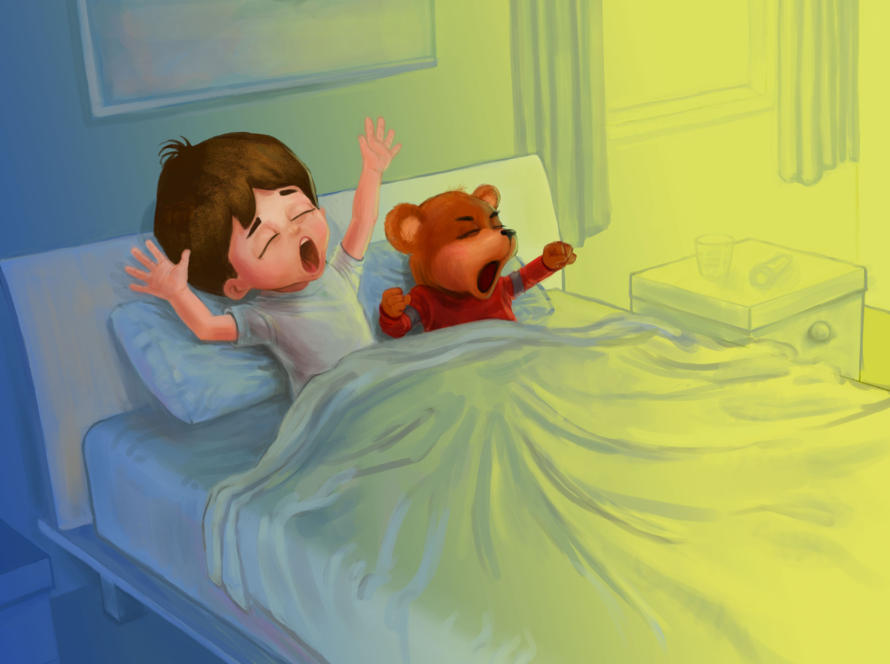Creating a setting that is conducive for a sleep, or a safe place for sleep, is essential for your child to attain a healthy lifestyle and rest easier. It is no different than creating a workspace for them to be successful in distance learning. The outcome of a situation can greatly be affected by its environment. To help make your child’s bedroom a safe place for sleep, there are a few factors to implement. You can promote sleep and tranquility, even if they share the space with a sibling.
Separate Sleep from Play
The place where you child goes to lay their head at night should be completed separate from where they sit in their room to play with toys or read. The actual bed should only be used to for sleeping or getting ready for bed. Long before bedtime, make sure your child takes time to clean the room up so that the bed will be ready for them when they’re ready for it. Cleaning up will also further encourage the idea of separating sleep from play because it’ll eliminate distractions from the room when they’re ready for bed. Also, be sure to make their timeout place somewhere other than their room. They should only have positive experiences in their room for it to be a safe place for sleep.
Keep a Routine
Routines can be hard to stick to but have a timeline for bedtime will help your child sleep easier and better. Calming activities like bath time and story time are great to incorporating into the routine. Talk with your child and come to agreement on how long bath time will be and how many stories you will read to your child. Set a bedtime. Create a schedule. Stick to it every single night.
Consider Lighting
The lighting of the room is so important in creating a safe place for sleep. Close the curtains and keep the room dark ideally for an hour before bedtime. You can have a soft lamp on while your child is getting their pajamas on and picking out a book for story time. The dark room and soft lighting will help signal the brain that it is bedtime and start to produce melatonin which will help promote sleep. Stay away from electronics before bedtime as they activate the brain and the blue light emitted sends a signal to the brain to engage and be awake. If a nightlight is needed, then a soft orange color light is best to promote sleep.
Make the Bed a Place of Comfort
If your child has nightmares, they may associate their bed with fear. Allow Sir William to clear the bed of anything that may scare them to encourage feelings of coziness and security. The projecting flashlight will also help in this, making the room feel safe and peaceful. If your child wakes up and comes to your room, comfort them and walk them back to their own bed. This process might be frustrating at times, but it’s important in helping your child understand that their bed is completely safe. Do what you need to do to help your child love sleeping in their bed.
Snuggling into bed after a long day of work and play should be a great feeling. These tips will help you create a safe place for sleep in your child’s bedroom so that they can experience this relief and security. You all deserve to sleep better. Sweet Dreams!





